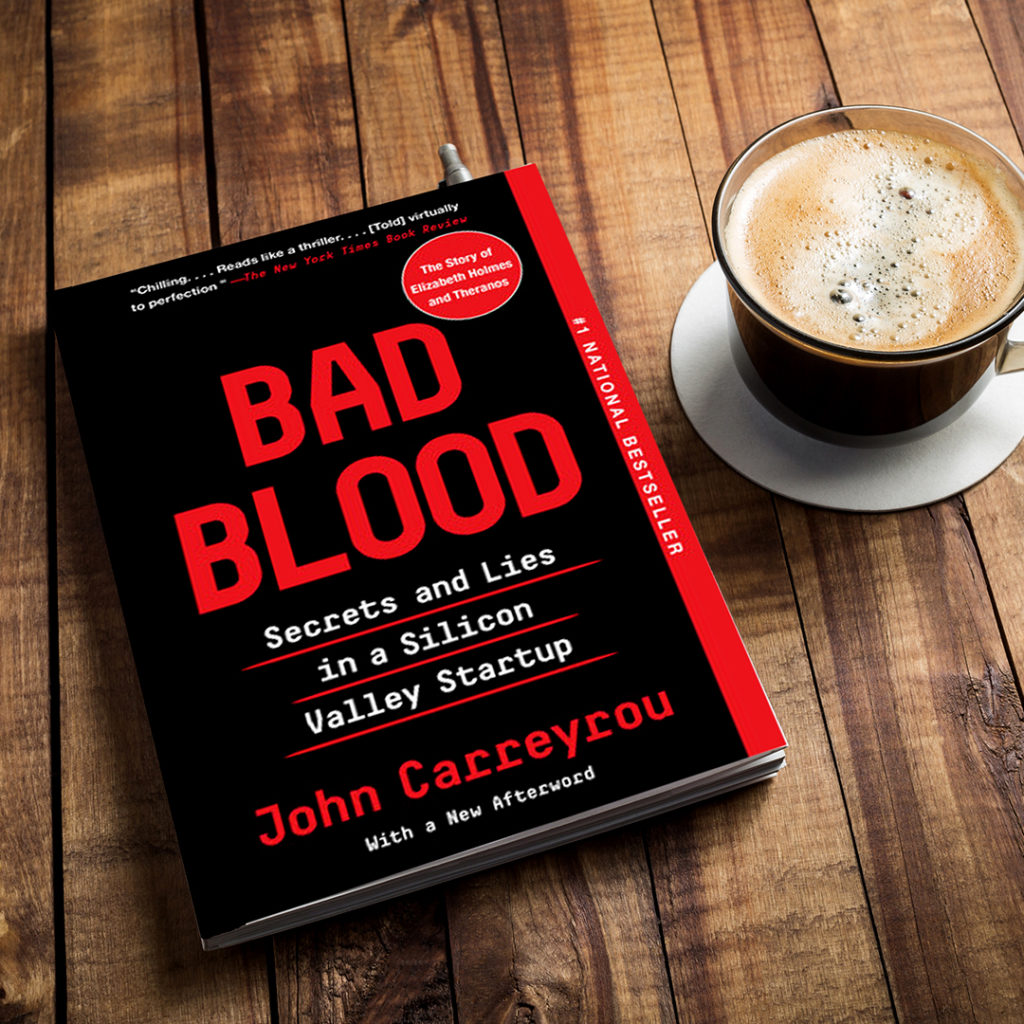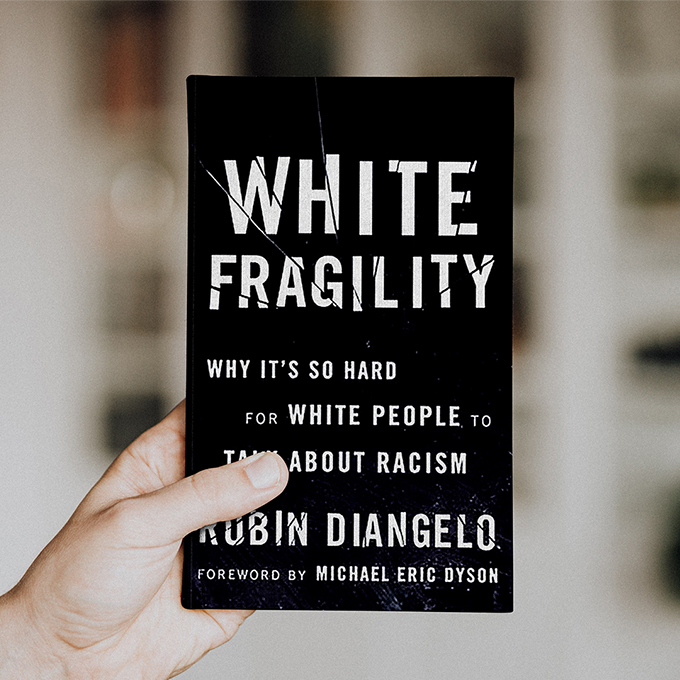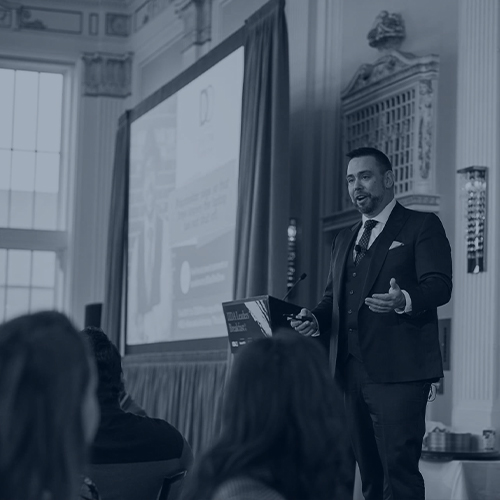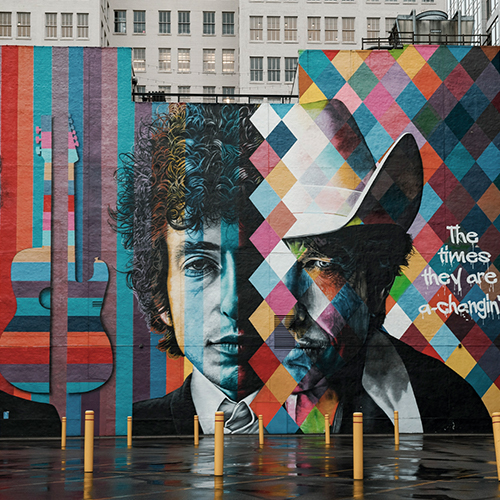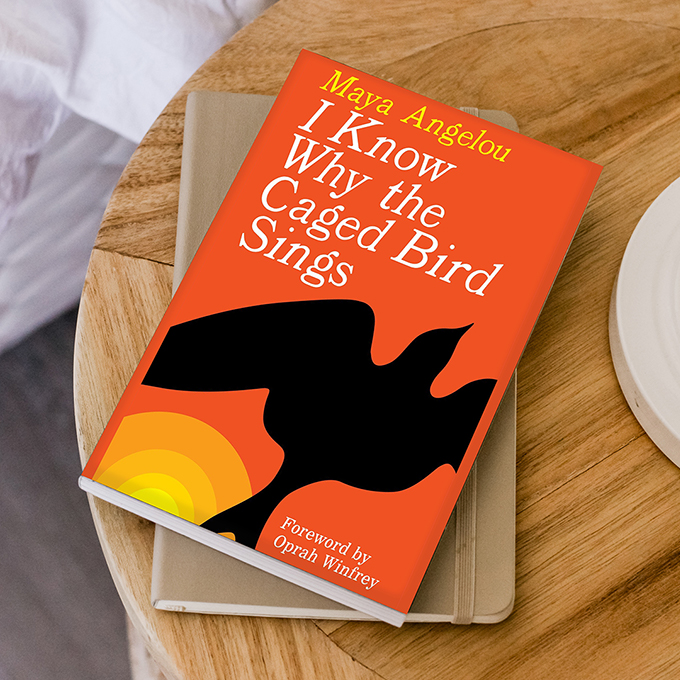Day One Reads – Bad Blood
“I have tried to figure out how we could have arrived at a place where the Journal is considering publication of an article that we know to be false, misleading and unfair, and then threatens to disclose information that Theranos rigorously protects as trade secrets. The root of the problem may be the drama of the reporter’s original thesis, which may fall into the category of “too good to check.” That thesis, as Mr. Carreyrou explained in discussions with us, is that all of the recognition by the academic, scientific, and health-care communities of the breakthrough contributions of Theranos’ achievements is wrong. That every previously published report about Theranos, including in the Journal itself, has been the result of misleading information about the company and that the company and its founder are essentially perpetrating a fraud by touting a technology that does not work and using existing commercial equipment to do tests that Theranos pretends are done with new technology. Certainly such an expose, if true, would be a powerful piece of investigative journalism. The problem may be that even through that thesis is not true, it is just too dramatic to let go.” – Letter to the Wall Street Journal from David Boyce, Lawyer for Theranos

Bad Blood: Secrets and Lies in a Sillicon Valley Startup
Yeah…turns out that “original thesis” was spot on, and this ridiculously compelling book weaves a tale to which I simply cannot do justice. It’s all at once fantastic, infuriating, enlightening, and though the word is very much overused: frankly unbelievable. There are very few heroes, an awful lot of villains and some massive names from whom you probably expected much better judgement. From a pure leadership perspective, it’s almost as much a manual of what not-to-do as the Trump administration. Read this book – it has to be experienced to be believed.
Title: Bad Blood: Secrets and Lies in a Sillicon Valley Startup
Category*: Biographical
Author: John Carreyrou
About the author: John Carreyrou, a two-time Pulitzer Prize winner, was a reporter at The Wall Street Journal for twenty years. For his extensive coverage of Theranos, Carreyrou was awarded the George Polk Award for Financial Reporting, the Gerald Loeb Award for Distinguished Business and Financial Journalism in the category of beat reporting, and the Barlett & Steele Silver Award for Investigative Business Journalism. Bad Blood was named the Financial Times and McKinsey Business Book of the Year. Carreyrou lives in Brooklyn, New York, with his wife and three children.
How I found it: A friend of mine began telling me the story of Elisabeth Holmes while on a road trip, and it honestly sounded too fantastic to be true. When I realized we were falling behind on biographical books for Day One Reads, I realized it would be perfect to start with this one. It turns out my friend wasn’t even close to exaggerating.

Book Jacket description:
The full inside story of the breathtaking rise and shocking collapse of Theranos, the one-time multibillion-dollar biotech start-up founded by Elizabeth Holmes – now the subject of the HBO documentary The Inventor – by the prize-winning journalist who first broke the story and pursued it to the end.
“The story is even crazier than I expected, and I found myself unable to put it down once I started. This book has everything: elaborate scams, corporate intrigue, magazine cover stories, ruined family relationships, and the demise of a company once valued at nearly $10 billion.” (Bill Gates)
Amazon Rating: 4.8 (3622 ratings – Canada)/4.8 (4490 ratings – US)
Goodreads Rating: 4.45 (133,793 Ratings)
Anything someone might quibble with: As you read the book you’ll see that Carreyrou has a thousand reasons to despise the people of Theranos. However, at times his disgust is not well disguised and takes a little away from the book. The story itself makes clear its subjects have few redeeming qualities, but there are passages where the author is clearly trying to paint them as true villains when we as the reader are already fully onboard with that.
More problematic was this: I thought there were a few instances where the language he used to describe women was intentionally diminishing: “a petite woman”; “her big blue eyes”; “a female executive named Trisha” (her name is Trisha, we probably could have inferred that), and the unnecessary observation that “she was photographed in a body-hugging black gown.” In almost every case the additional information focused on a character’s gender was unnecessary to the story being told. There are a couple of instances where the same thing occurs with race.
“Velcro quotes” (ideas that are going to stick with me moving forward):
- “At Christmas dinner her father floated a paper airplane toward her end of the table with the letters ‘Ph.D’ written on wings. Elizabeth’s response was blunt according to a family member in attendance: ‘No Dad, I’m not interested in getting a Ph.D. I want to make money.”
- “To anyone who spent time with Elizabeth, it was clear that she worshipped [Steve] Jobs and Apple. She liked to call Theranos’ blood-testing system ‘the iPod of healthcare’ and predicted that, like Apple’s ubiquitous products, it would one day be in every household in the country.”
- “Like her idol Steve Jobs, she emitted a reality distortion field that forced people to momentarily suspend disbelief.”
- “Justin tried to remind himself that Elizabeth was very young and still had a lot to learn about running a company. In one of their last email exchanges he recommended two management self-help books to her: The No Asshole Rule: Building a Civilized Workplace and Surviving One that Isn’t and Beyond Bullshit: Straight-Talk at Work and included their links on Amazon.com. He quit two days later. His resignation email read, in part, ‘good luck and please do read those books, watch The Office and believe in the people who disagree with you. Lying is a disgusting habit, and it flows through the conversations here like its our own currency. The cultural disease here is what we should be curing before we try to tackle obesity.’”

She was the company’s most powerful marketing tool. Her story was intoxicating. Everyone wanted to believe in it, including the numerous young girls who were sending her letters and emails.

Total Pages: 368
Total “pulled passages”: 58
Page to Pulled Passage Ratio**: 6.3:1
P2P Ranking within category for 2020: #1 of 2
Overall P2P Ranking for 2020: #7 of 8
*I break books into one of three categories in order to better compare apples-to-apples.
- Reflective: Relies on first-person stories or insights
- Biographical: Tells the story of an individual or organization from a third-person perspective
- Research-based: The author(s) collect third-party research to support their discussion of a particular topic.
**As I read, I highlight certain passages/insights that really connect with me. Things that make me think “buying this book was worth it for ideas/information like that.” At the end of the book, I go back and “pull” them from the book and copy them all into a single document. P2P Ratio indicates how many pages on average tend to go by between these particularly powerful insights. This book’s 6.3:1 ratio means I felt there was a passage worth pulling out and writing down every 6.3 pages.

